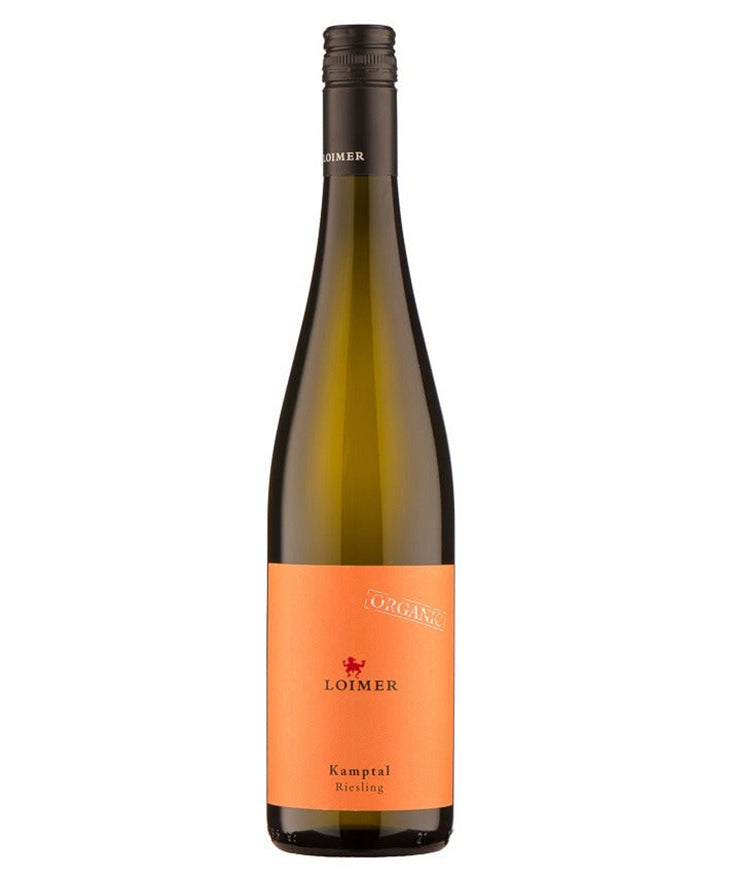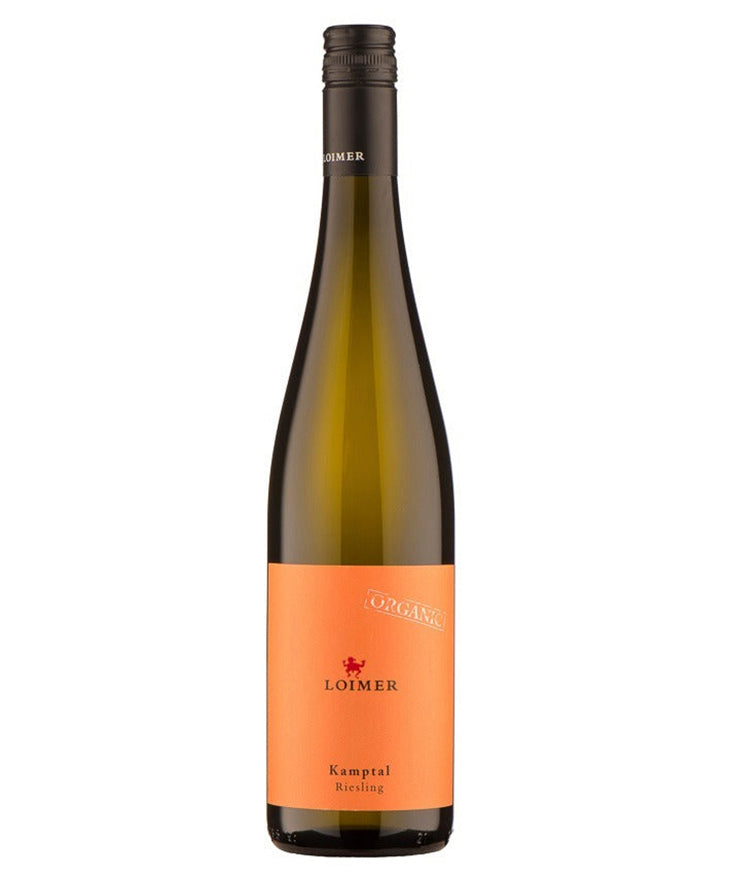Kamptal
Loimer Riesling 2023
Couldn't load pickup availability
More Information
Share
Loimer Riesling
A rather restrained nose of fresh apricot and white stone fruit develops into youthful lime perfumes. On the palate, the Loimer Riesling has a crunchy acidity and lots of texture. Light-bodied, the wine is balanced and has a medium to long finish.
The Loimer estate is located around Langenlois in the sunny Kamptal region of Lower Austria, to the northwest of Vienna. Unlike many Austrian producers who go for a rich, sweet Alsace style, Fred Loimer obtains full ripeness in the vineyard yet ferments to dryness.
The resulting wines (like the Loimer Riesling) display his trademark definition, zest and balance on the palate.
Fred Loimer realised very early on that his future lay in wine, after his father converted the family farm into a winery.
He attended Austria’s renowned Klosterneuburg University and later gained important experience at wineries in Nahe, Germany and in Napa Valley, California. On his return to Langenlois, Fred introduced new methods in the vineyards and winery, with the aim of continually improving the quality of the wine. In 1997, Fred took over the winery from his father and, in 1998, purchased and renovated a historical vaulted brick cellar (a former cellar of the Haindorf Castle) amidst the vines between Langenlois and Zöbing.
The wines have been vinified and stored here since 1999. The 60 hectares of vineyards are divided into 100 parcels, planted on seven different soil types (ranging from loess, gravel, clay, sand and slate to Gföhler gneiss, a coarse-grained, metamorphic rock containing quartz, felspar and mica), which bring great complexity to the wines.
There is no need to say that the high quality of their soils is crucial for the Loimer Riesling and its minerality.
Situated at an altitude of 200-420m above sea level, the south facing vineyards benefit from warm days and cool nights, which encourage the development of the aromatic components in the grapes. The high summer temperatures are mitigated by the River Danube and the Waldviertel (forested area), while the well drained soils mean the vines can form deeply penetrating root systems, thus overcoming even long periods of drought without damage.
Since 2006, the vineyard and cellar work has been conducted according to biodynamic principles.



